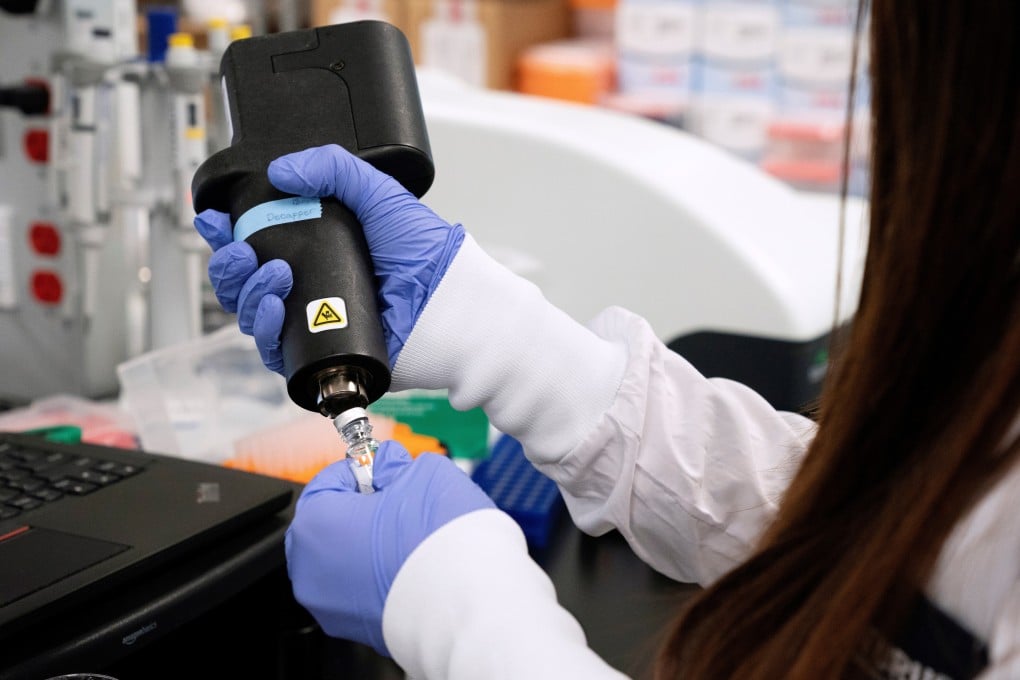Advertisement
Glimmer of hope for coronavirus cure as Eli Lilly antibody drug trials advance
- US pharma giant says candidate designed to neutralise pathogen, and has progressed to phase 3 trials
- Company says the goal of the process is to treat and halt infection
Reading Time:2 minutes
Why you can trust SCMP

While dozens of pharmaceutical players are racing to find a vaccine for the coronavirus, a glimmer of hope has emerged on the horizon for a cure.
US drug giant Eli Lilly announced on Monday that its trial of an antibody drug had progressed to phase 3, to establish whether the candidate, LY-CoV555, can prevent or treat Covid-19 in nursing homes in the US.
Antibodies are proteins the body makes in response to invasion of a foreign substance such as a virus. They can be obtained from the blood of recovered patients or created in the laboratory from genetic sequences.
Advertisement
China has used the plasma of recovered patients to treat others but the process is limited by supply – on average, plasma from four survivors is needed to treat one patient.
Lilly’s drug candidate is made in the lab and designed to target the spike protein of Sars-CoV-2, the formal name for the virus that causes Covid-19, and block the virus from entering human cells.

06:17
‘Robust immune responses’ found in Covid-19 vaccine clinical trials point to 2021 release
‘Robust immune responses’ found in Covid-19 vaccine clinical trials point to 2021 release
The process “neutralises” the virus but is not a vaccine. Its developers hope the drug will not only treat Covid-19 but also halt infection, particularly among the elderly.
Advertisement
Advertisement
Select Voice
Choose your listening speed
Get through articles 2x faster
1.25x
250 WPM
Slow
Average
Fast
1.25x